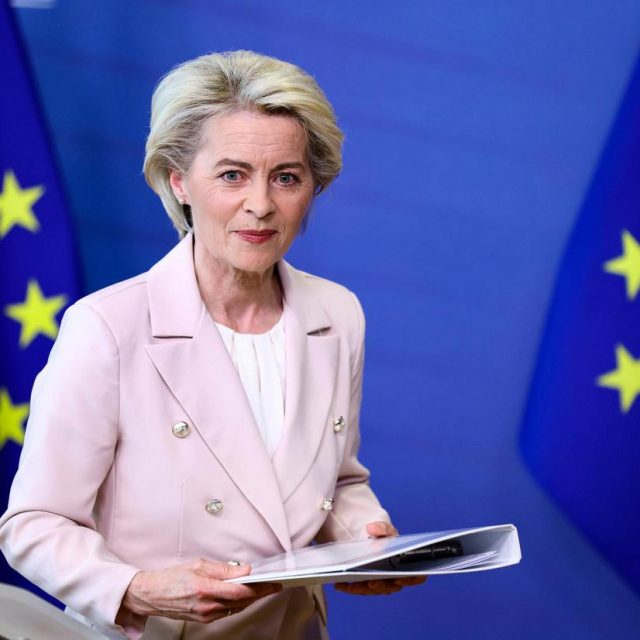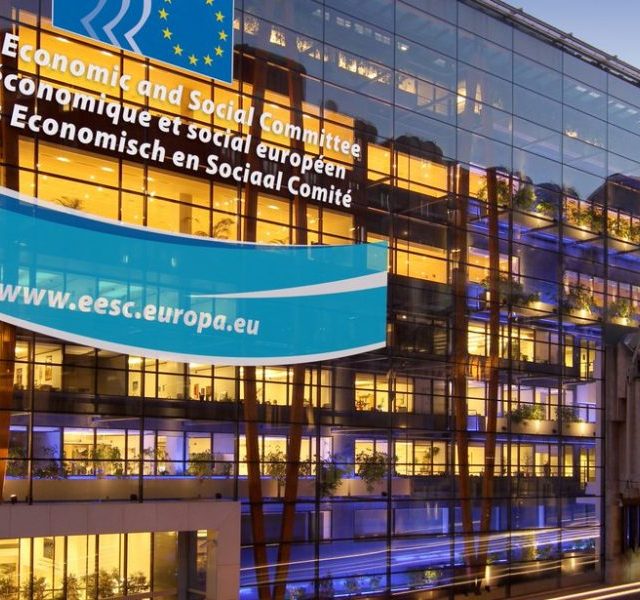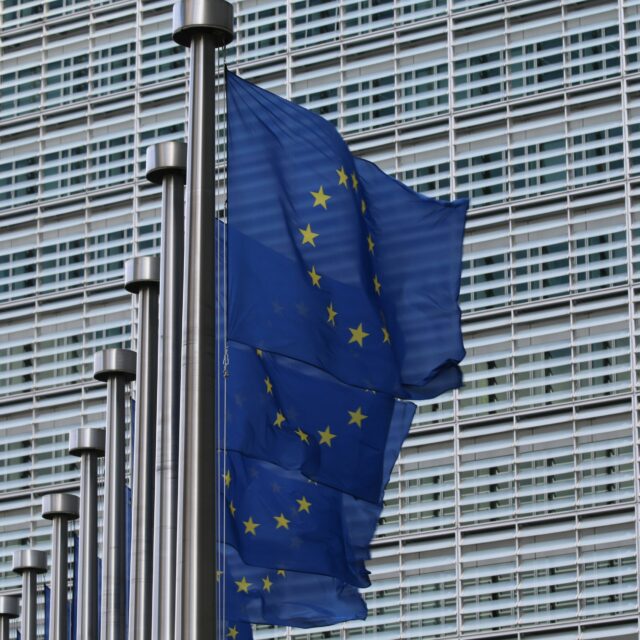Photo by Diane Helentjaris on Unsplash
Some EU agencies did not manage last year’s finances as well as in previous years, according to the European Court of Auditors.
In its annual report on the 43 EU agencies, the auditors again signed off the agencies’ 2022 accounts and revenue, but were not in a position to issue a clean opinion to four agencies about the way they spent EU funds.
For three agencies, this was due to issues with purchasing goods and services in accordance with applicable rules – a persistent and widespread problem across EU agencies.
There are currently 43 EU agencies, in 23 member states.
They wield major influence over vital areas of Europeans’ daily lives, such as the environment, health, security and justice. In 2022, together they managed around €35 billion (c. €27 billion in 2021).
They employed 15 775 staff (14 431 in 2021), i.e. about 18 % of all EU staff, with Frontex – the EU’s Border and Coast Guard Agency – topping the list with over 2 000 staff and a budget of almost €700 million.
“EU agencies’ financial management is broadly still in good shape, but we have seen slightly less positive results,” said François-Roger Cazala, the ECA member who led the audit.
“In spite of good bookkeeping, some EU agencies could do better at spending according to the rules, and it is fair to say that procurement flaws remain a matter of concern for a number of them.”
39 out of 43 agencies received a clean audit opinion on their payments in 2022.
For the four that failed to obtain a pass mark (compared to one for 2021, and three for 2020), the amounts of misspent funds were too high and totalled an estimated €28.2 million.
For three of them (the Agency for Law Enforcement Training (CEPOL), the Agency for the Operational Management of Large-Scale IT Systems (eu-LISA), and the Translation Centre for the Bodies of the EU (CdT), this was due to improper awarding and implementation of contracts, whereas for the European Centre for Disease Prevention and Control (ECDC), it was because of weaknesses in its management and control systems.
On the whole, procurement weaknesses are on the rise across the agencies this year, and are still the main reason why many fail to comply with the rules when making payments.
The auditors found various procurement weaknesses in the contracts of 24 agencies (14 in 2020, 22 in 2021), which did not guarantee the best possible value for money.
For example, Frontex increased an initial contract for the psychological screening of new guards by more than 10 times over the 50 % limit, while the EU’s Intellectual Property Office (EUIPO) awarded a €5 million contract to a travel agency without publishing a contract notice beforehand.
Overall, the auditors made 48 observations on the agencies’ procurement practices (up from 18 in 2020 and 34 in 2021), with some agencies called out repeatedly for new flaws.
These remarks accounted for almost half of all the improvement notes which the auditors issued to 36 agencies that required improvement, such as in procurement, budgeting, recruitment and controls.
Most agencies are financed almost entirely by the EU budget, except for a few such as the Single Resolution Board (SRB), which is fully self-financed by banks (€11.2 billion in 2022, €9.7 billion in 2021). Their own budgets – excluding the SRB – totalled €4.5 billion (up from 4.1 billion in 2021), or 3 % of the entire EU budget (2.5 % in 2021).
They generally carry out technical, scientific and regulatory work. In addition, in 2022 the six European Commission executive agencies managed €19.3 billion from the EU budget (€13.1 billion in 2021) to run projects for the Commission, for instance to support the European Green Deal and research.
Each year, the auditors assess whether the agencies’ accounts are trustworthy and whether their income and spending transactions comply with the relevant rules.
This year, they also looked at whether the agencies took measures to improve their energy efficiency and reduce their carbon footprint by way of their contribution to EU climate action and in response to the energy crisis caused by Russia’s war against Ukraine.
Nearly two in three EU agencies have made plans to make their operations more energy-efficient and climate-neutral.




